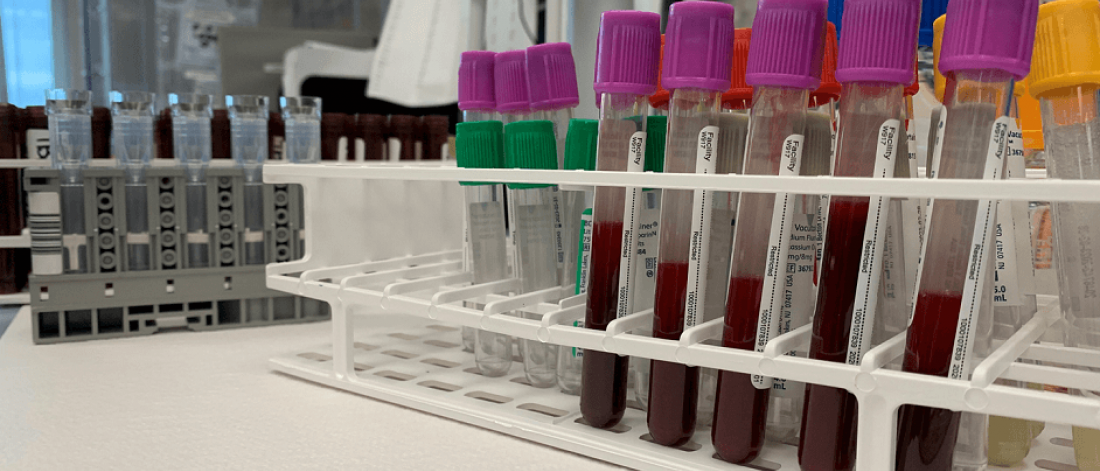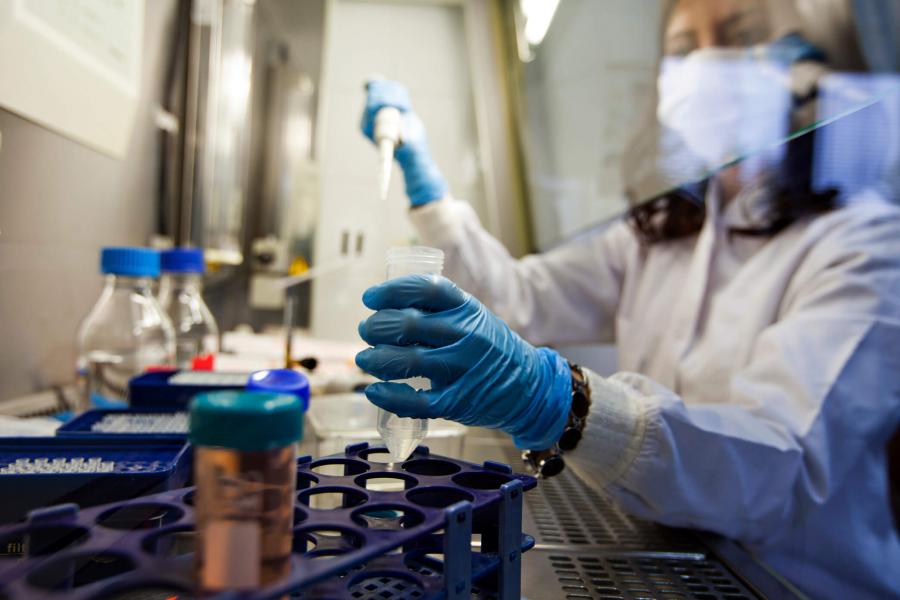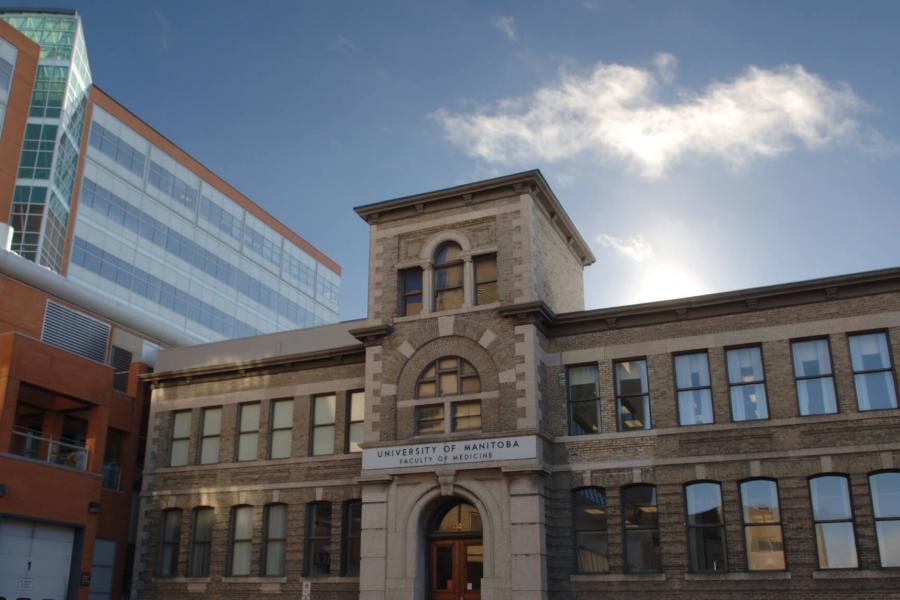The first year of the program is intended to provide the resident with an overview of Clinical Chemistry laboratory operations and a general understanding of human disease.
By the end of the fist year, residents are expected to demonstrate knowledge (principle, operation, trouble-shooting) of common laboratory instrumentation, routine testing and essential procedures in clinical laboratory.
Residents expected to participate in quality improvement, analytical or clinical method evaluation projects. Rotations may include (subject to change):
Laboratory operations and processes
Central laboratory processes - comparison of processes across laboratories of differing size and function and hands-on experience - sample labelling and receipt, patient registration, test accessioning, requisitions, referred-in, referred-out, laboratory information systems, test information manuals, lab reports, pre-analytical and post analytical errors, laboratory safety, phlebotomy.
Automated chemistry
Comparison of processes at hospital labs of differing size and hands-on experience: instrumentation (operation, maintenance, troubleshooting), workflow, quality practices, test methodologies & their benefits and limitations, critical results, auto-verification, method protocols, accreditation requirements, specimen archiving, urinalysis, clinical utility of tests.
Method evaluation, laboratory statistics and quality management
Analytical and clinical evaluation of laboratory tests, requirements for method validation and verification, data analysis and statistical techniques, concepts of total quality management in clinical laboratory including quality control practices, quality assurance and improvement.
Hematology and immunology
Investigation of hemoglobinopathies, plasma cell dyscrasias, and other autoimmune diseases. In-depth look at electrophoretic and immunofluorescence methods, along with flow cytometry and routine complete blood counts.
Therapeutic drug monitoring (TDM)
Concepts of pharmacokinetics, indication and clinical utility of TDM, common classes of drugs, overview of preanalytical, analytical and postanalytical considerations.
Pathology
Specimen collection and handling of autopsy samples. Forensic cases will be reviewed from autopsy to the toxicology lab. Immunohistochemistry of common malignancies and inflammatory conditions. Concepts of cancer screening programs (e.g. HPV for cervical cancer) and fine needle aspiration (FNA) biopsy.






